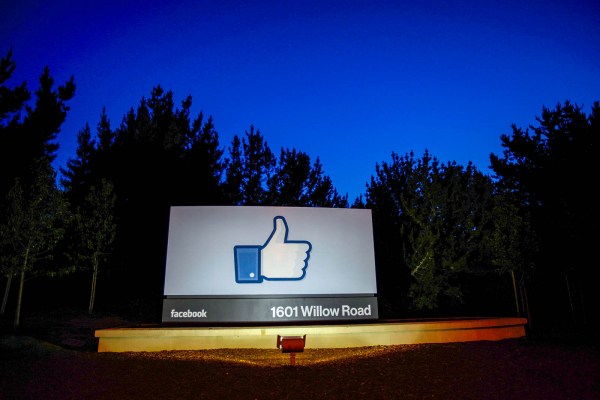Under the terms of a settlement with the ACLU and other civil rights groups earlier this year, Facebook has been taking steps to prevent discriminatory ad targeting.
Specifically, the company says ads in the United States that involve housing, employment or credit can no longer be targeted based on age, gender, ZIP code or multicultural affinity. Nor can the ads use more detailed targeting that connects to these categories.
Today, Facebook is announcing what VP of Ads Product Marketing Graham Mudd described as the next “milestone in our effort to reduce and eliminate discrimination.”
First, it’s expanding the enforcement of these rules beyond Facebook Ad Manager to encompass every other place where someone might buy ads on Facebook: the Ads Manager app, Instagram Promote, the ad creation tools on Facebook Pages and the Facebook Marketing API (which connects with third-party ad-buying tools).
Second, it’s expanding its searchable ad library — first created in response to concerns about political misinformation — to include housing ads targeted at an U.S. audience.
So moving forward, if a regulatory agency, civil rights group, journalist or anyone else wants to check on how businesses are actually using Facebook to advertise housing, they can check the archive. This portion of the library will start archiving ads from tomorrow (December 4) onward, and Facebook says it will eventually include employment and credit ads as well.
Mudd said that Facebook has also been helping advertisers understand how to work within the new rules. While he described this as “the right tradeoff” to combat discrimination, he also suggested that “there are and have always been very reasonable and legal non-discriminatory advertising practices” that use age- and gender-based targeting.
Now, he said, advertisers are having to “relearn how to use the platform given these restrictions.”
